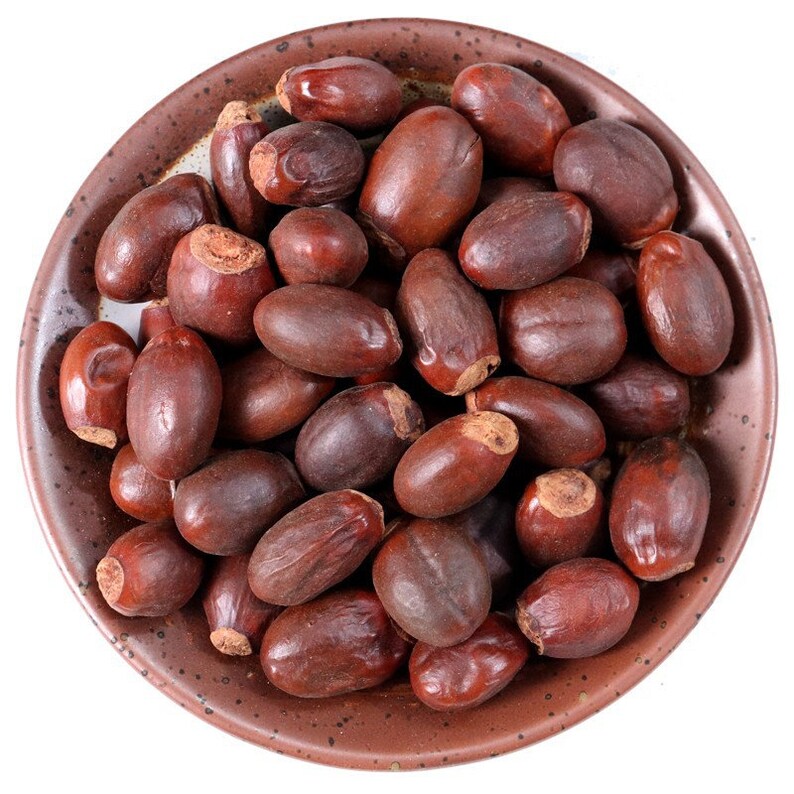VIETNAMESE FOLK MEDICINE FROM LYCHEE
Exploring the Healing Potential of Lychee in Vietnamese Folk Medicine
In Vietnamese folk medicine, the lychee fruit, known scientifically as Litchi chinensis, is more than a sweet summer treat. This tropical gem, abundant in Vietnam, has been used for centuries in traditional remedies to address various ailments. Medicines from lychee leverage the fruit’s seeds, flesh, and even leaves to treat conditions like diarrhea, toothaches, and stomach pain. Rich in vitamins, antioxidants, and bioactive compounds, lychee aligns with the holistic principles of Vietnamese folk medicine, which emphasizes natural ingredients and balance in the body. Unlike traditional Chinese medicine, which often involves complex decoctions, Vietnamese folk medicine prioritizes simple preparations, making lychee-based remedies accessible to all. These treatments reflect Vietnam’s deep-rooted connection to nature, offering gentle, effective solutions for common health issues.
Lychee Seeds for Diarrhea Relief
One of the most well-known medicines from lychee in Vietnamese folk medicine is a remedy for diarrhea. Lychee seeds are dried, ground into a fine powder, and used to alleviate digestive issues. According to traditional practices, 3-6 grams of this powder is boiled with water to create a decoction. This preparation is believed to regulate the digestive system and reduce symptoms of diarrhea. The seeds contain saponins and tannins, compounds known for their astringent properties, which may help soothe intestinal inflammation. In rural Vietnam, where access to modern medicine can be limited, this lychee-based remedy remains a trusted solution, showcasing the practical wisdom of Vietnamese folk medicine.

Source: Organic Dried Herba Lychee Seed Litchi Chinensis Sonn. Semen Litchi Li Zhi He - Etsy Vietnam
Easing Toothaches with Lychee
Lychee also plays a role in treating toothaches, in Vietnamese folk medicine. To relieve dental pain, traditional healers recommend boiling lychee seeds or leaves to create a rinse or decoction. The anti-inflammatory and analgesic properties of lychee are thought to reduce pain and swelling in the gums. A common practice involves gargling the cooled decoction to target the affected area directly. This natural approach aligns with the principles of Vietnamese folk medicine, which favors locally sourced ingredients like lychee over synthetic drugs. By harnessing medicines from lychee, Vietnamese communities have long managed oral health issues with minimal side effects.

Source: Do Home Remedies For a Toothache Really Work?: Dr. Raminder Singh: General Dentistry
Lychee for Stomach Pain Relief
For stomach pain, Vietnamese folk medicine turns to lychee as a gentle remedy. The fruit’s seeds or flesh are often prepared as a tea or consumed directly to ease discomfort. Lychee’s high fiber content and bioactive compounds may help soothe gastric irritation and promote digestion. In traditional recipes, lychee is sometimes combined with other herbs, like Saussurea costus, to enhance its stomach-calming effects. This remedy reflects the holistic approach of Vietnamese folk medicine, which seeks to restore balance in the body rather than merely mask symptoms. Medicines from lychee may offer a natural alternative for those seeking relief from stomach issues without relying on pharmaceuticals.

Source: 4 Types of Abdominal Pain and How to Treat Them | Forme Medical Center | NY
Conclusion
The use of lychee in Vietnamese folk medicine highlights the deep cultural connection between nature and healing. From treating diarrhea and toothaches to soothing stomach pain, various parts of the lychee plant, seeds, leaves, and flesh, that are utilized in simple yet effective remedies. These treatments reflect the core values of Vietnamese traditional medicine: accessibility, balance, and reliance on natural ingredients. Especially in rural areas, such remedies offer practical and affordable healthcare alternatives. As interest in natural and holistic health solutions grows, the traditional knowledge surrounding lychee's healing potential continues to be a valuable resource worth preserving and exploring further.












